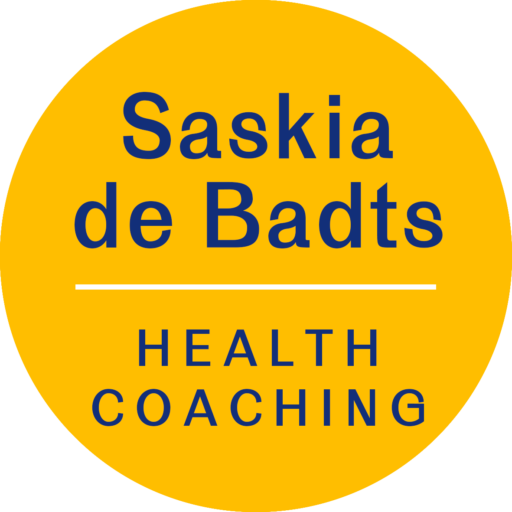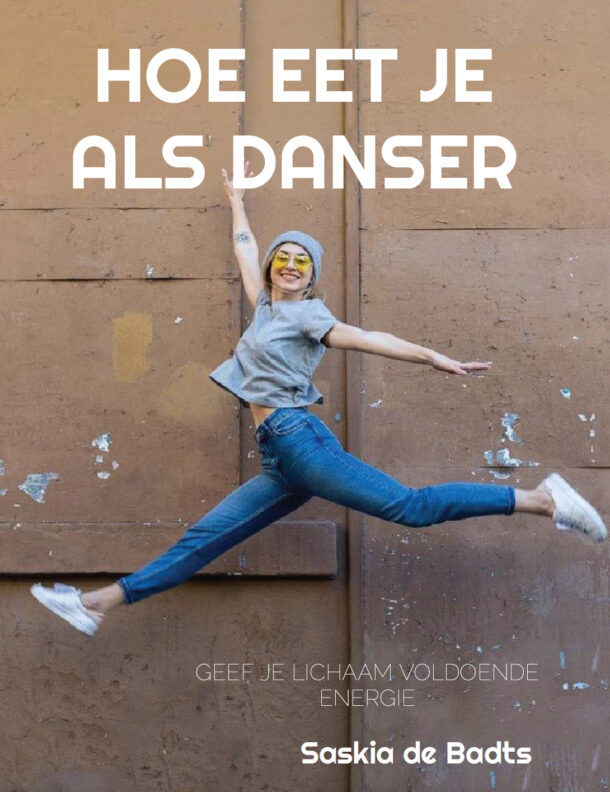Great, it's vacation! Do nothing and give your body and mind some rest. Of course lying on a beach bed feels great, but it is also very important.
Peace
Overtraining is the result of an imbalance of increased training and insufficient recovery. You notice this when you are unable to perform at your peak because you are chronically tired or exhausted. If this takes too long, it can cause you to have less energy, feel emotionally unwell and have an increased risk of getting injuries.
The things that contribute to an effective recovery are quite simple:
- Peace
- Power supply
- Hydration.
In this blog we talk specifically about rest.
There are different forms of rest: sleeping, doing nothing at all, being a little less active or doing something completely different.
Rest can also be interpreted as a day off from any kind of dance or physical activity, or it can be an extended period of time away from training, for example a summer vacation.
Especially if you are someone who constantly works incredibly hard to please others or have set unrealistic goals for yourself, emphasizing rest is very important.
Weakness
In the dance world, rest is often seen as a weakness, but rest should be encouraged as a positive element that enhances the quality of the dance. Sleep, relaxation and recreation are important in recovering from intense training and should be included in your schedule.
In addition to this advice, it is also important to increase your knowledge about the importance of rest and recovery for positive development in your dancing.
What you need to know:
- Moisturize regularly.
- Gradually increase exercise intensity and alternate between work and rest periods.
- Strive to get enough sleep every night
It is important for schools to understand that rest is essential for improving performance and reducing injuries.
Each kind of rest mentioned has its own benefits, but it depends on the situation of the dancer what kind of rest is needed or how long this period of rest should be. It is clear that if dancers rest well this can provide significant opportunities for recovery, it is certainly not a weakness.
Teachers
We now know that rest is beneficial for the body to recover and prepare for more challenge. Ideally, as a dancer, you show signs of fatigue during a lesson,
you should be given time to stop, rest, rehydrate, and then return to class. But the teachers themselves must also allow themselves time to rest and recover. It is important to remember that every dancing body is different. Whether professionally, amateurishly, recreationally or as a teacher, the needs of the dancer and the length of rest and recovery periods will inevitably vary, but the main point is that it is necessary for everyone.
Tips & Tricks
The book Safe Dance Practice contains the following list and I can completely agree with that:
- Effective rest periods can result in improved strength, mood, vitality, flexibility, energy levels, cardiorespiratory fitness and overall performance quality.
- More doesn't always mean better – short rest periods should be incorporated into intense classes and rehearsals to avoid fatigue.
- Fatigue is one of the most common causes of injury and can be reduced with effective rest periods.
- Increase in training should be gradual and accompanied by rest and recovery to improve performance and avoid overtraining.
- Overtraining is a condition with many symptoms, including severe fatigue, illness, depression, low self-esteem and loss of physical ability. It is most common in high achievers, people with perfectionist tendencies, and people who are highly motivated.
- Rest periods must be planned within the dancers' daily, weekly and annual schedule, with periodization and winding down periods.
- It is recommended that dancers have other interests or hobbies not related to dance to allow effective time off.
- Dancers and dance teachers must be informed about the serious consequences
of fatigue and overtraining, as well as the benefits of rest and recovery, to effectively understand and apply them in practice.
After reading the above, my advice for now is: Stay on your beach bed and rest well.
If you want to stay in Zen fashion after the holidays, book a free Spitzuurtje on the website.
Happy holidays everyone!
Source: Safe Dance Practice By Quin, Edel, Rafferty, Sonia, Tomlinson, Charlotte

